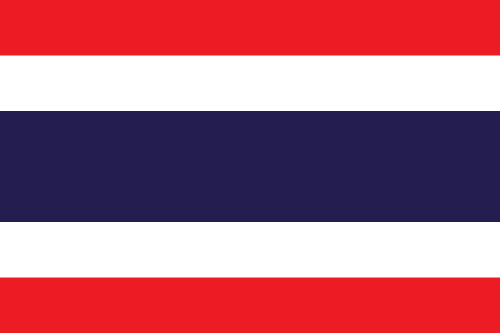A free webinar "Farming resilience: Unlocking the Artemia opportunity" will be held on 30 October from 8:00-11:00 EST (13:00-16:00 UTC). This webinar will present the results of an in-depth analysis of Artemia production, conservation and investment opportunities by the World Bank Group, with expert input from members of the International Artemia Aquaculture Consortium.
Artemia (brine shrimp) is a critical live feed in aquaculture, particularly in hatcheries for shrimp, fish, and ornamental species. Its production and sustainable management are increasingly important as aquaculture expands globally. Global Artemia markets face increasing demand, while new innovations in farming, processing, and conservation offer opportunities for inclusive investment, resilience, and biodiversity protection.
This event will bring together global experts, policymakers, private sector representatives, and development partners to discuss the state of Artemia production and conservation, market opportunities, regulatory frameworks, and pathways for sustainable and viable investment.

